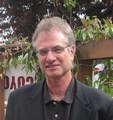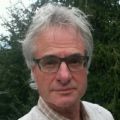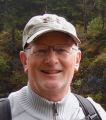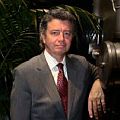MISSION ACCOMPLISHED: “Parksville 2019 attracted an audience balanced across sectors; demonstrated the power of collaboration between the stewardship sector and local governments; and created an environment for sharing and cross-fertilizing experiences,” stated John Finnie

“Parksville 2019 demonstrated that a group of 200 biologists, planners, engineers, streamkeepers, politicians, administrators, students and others, all with different backgrounds and responsibilities, can share a common learning experience and agree on strategies for water and land stewardship, and stream restoration. Truly a magical experience. The stage has been set for more and better things to come. Stay tuned,” concluded John Finnie, Chair of the Parksville Symposium Organizing Committee.










